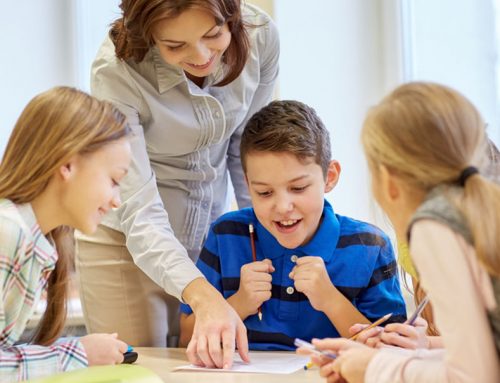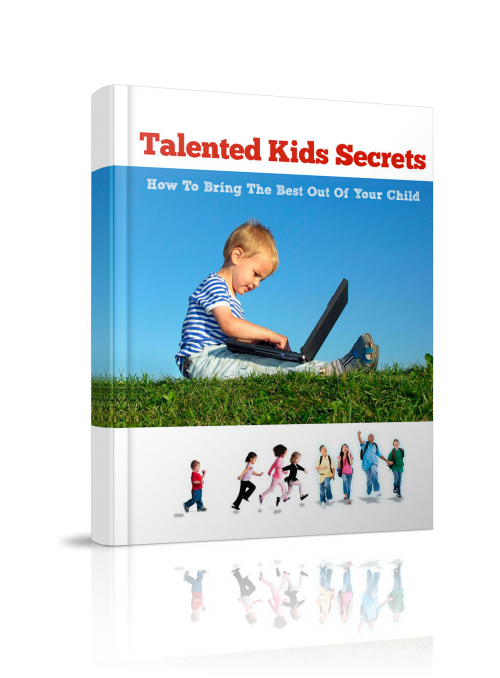
Flexibility Thinking (also known as Mental Agility, Brain Agility, Cognitive Flexibility)
Flexible Thinking is the skill of being able to adapt to new situations quickly, improvise and shift strategies in order to meet different types of challenges – in short, the ability to let go of one idea to consider another, fast. Psychologists sometimes called it Mental/Brain Agility, and cognitive scientists called this Cognitive Flexibility.
Does your child have Flexible Thinking issue?
Does your child get upset when his friends want to change the rules of the game they are playing? Is it difficult for her to adjust when she wants to do something her way and the teacher wants it done a different way? Does your child resist when his routine has to change? If you answer yes to one or more questions, then perhaps your child needs to cultivate flexible thinking skills.
Helping our children to think flexibly will simultaneously foster resilience in them, thereby aiding them to be creative problem solvers. It means that our children will frequently look for “out of the box” solutions in challenging situations. They will be more likely to view their difficult moments as opportunities to grow and learn.
Flexible thinking is also a more crucial skill in this 21st century where global competition is stiff compared to a decade ago. Our children will have ample opportunities for global interaction where cultural differences exist. Thus, flexible thinking is especially an important skill to master in order to communicate well in one’s life, be it work or social. Mental agility is also highly required to solve situational problems during an interview.
Simple Ways to Foster Flexible Thinking
Use language that promotes flexible thinking
“This puzzle is giving us a really challenging time. Let’s see if we can solve it another way”
“Since we are allergic to milk, I wonder what would happen if we tried to make a different cereal.”
“Let’s see, what else can we do to help baby Clara calm down?”
Parents as role models
Kids do as we do. They don’t do as we say. Thus, when we engage in flexible thinking, we can share our experiences with our children. We can model – “Today, I tried to write an article for the publishing company but I couldn’t think of any suitable topics. So I took a walk, and read some other articles in a few magazines to get some ideas. That did the trick. The article is completed.”
“The traffic was going to be awful today. So I decided to ride my bike to work.”
Engage in collaborative decision making
“I can wear my red blouse or my blue one. I think I will go with the blue one. What will you be wearing today?”
“You can choose broccoli or French beans. Which do you choose?
Promote different positive ways to look at the same situation
“Samuel wanted to stay home because his grandfather is visiting. It doesn’t mean he doesn’t like you anymore. He will play with you tomorrow.”
“It’s raining now. I know you really wanted to go to the park to play. But this rainy day gives us an opportunity to cuddle on the couch to read our new books.”
Parents who are able to think in flexible ways are happier and are able to roll with the punches of life more easily. Our children will benefit from us when we share with them some simple techniques to keep their thinking creative.
Games to improve Flexibility Thinking
You may like to read an article at http://www.huffingtonpost.com/2013/08/24/video-games-brain-starcraft-cognitive-flexibility_n_3790610.html. It is a recent article that outlined a research that showed that strategy-based video games are good for your brain.
Apps that promote flexible thinking:
SET game
Stroop Effect
Tap Towers
ColorShape Puzzle Speed
Flexible thinking is incorporated into our brain games curriculum in Analytical Critical Thinking programme.









